The text of The Scalpel (al-Mishrat) stands at a particular and general civilisational crossroad. It is a humoristic reading of the intellectual and political status quo in which its owner uses sex as an essential tool for a kind of a black comedy. He did not want to specify the genre of the text either in the cover or in the first pages. But Dr. Slaheddine Boujah specified it as he introduced it as a “shocking [novel] which is the novel of The Scalpel.” But I do not see a novel in it as much as stories written in the first person singular, not to indicate an autobiographical text but to indicate a kind of a biography of writing in which names of characters that do not have a narrative relation between each other, although the symbolic relation was found, are called back. The writer is here drowned in his hauntologies and is imagining the zones of the sexual and ethnic taboo of writing. He keeps mentioning characters that dwelled the fictional and collective imaginativeness, calling them back to call back with them what prevents the text from being an image of its owner and not necessarily an image of his contemporaries or an image of the political given. This text is a kind of a necessary rite of passage of the operation of writing. The writer here kills his God to experience his own divinity. Such terms as “al mokh-khakh” (the brain sucker), “the snake,” and “the statute” are not but sexual masculine symbols stemming from nightmarish therapeutic hauntologies that dislodge the giant from the bulging long-necked bottle to condemn his ugliness and divulge his defects so that reasonable cause of fear would cease to exist, save what exists in the heart of the writer or the heart of the reader who is an essential partner in the continuation of the taboo as a part of the existential contract between him/her and knowledge. The scalpel is a masculine, sexual, and intellectual symbol that secures the therapeutic function of writing because it is a means of retaliation against the situation of “the ridee” in a sodomitical society in which the male rides the male to prevent him from redeeming his position. So it is a tool to reverse the psycho-sexual equation.
The scalpel is also intellectual because it is the culture’s condemnation of nature and the intellectual condemnation of the instinctive that takes on the aggressive authoritarian dimension. Kamel Riahi finds himself in front of many fathers whom he fights to redeem his next legitimacy. He is also the child who wants to strip the hide off of his femininity which is the origin of the beginnings of things to be baptized a male who is able to do things, though this was unjust-in the old form, as if writing is not but a settling of scores that is sometimes apparent and sometimes dissimulated. The father here is civilisational Mediterranean “The sea is the God of sodomites and the leader of androgynes that strangers sail, but it doesn’t show refusal.” (P.27) The father is also civilisational Oriental “His head holds a crown like the crowns of sultans/Look how beautiful is he! /His stinky smell is irresistible/” (P.21/22) The father is political (al mokh-khakh) “Meanwhile, a huge bird landed (..) It began penetrating its tongue into the crucified man’s head to lick his brain after fixing its feet on the shoulders of the corpse. So I escaped out of fear.” (P. 27/28) The father is religious. The writer substitutes the image of Lucifer for the visible doer in the story of Adam and Eve “Look at Lucifer. He is standing behind you in the image of the cursed snake. What was he doing behind you? Oh, traitor! You are the culprit.” (P.67) The incrimination of knowledge takes on a religious dimension. The fall of Adam and Eve from heaven is not but a renunciation of the transcriptive knowledge for the reasonable critical knowledge, and leaving the collective knowledge for the individual knowledge which the human being produces to assume his/her existence. The text of The Scalpel can be classified as a style of experimental writing. It lacks that one colour that binds it as a stylistic or intellectual core. It at times borrows the pen of Mahmoud Messadi and at other times the pen of Slaheddine Boujah, and sometimes oriental pens that oscillate between prose and poetry. Perhaps he installed paintings which he gave a succinct reading which he made an artistic extension to the first crime of love in his text as if he at times clings to the model and at other times refuses it in his quest for himself to experiment with a realistic writing that hardly belongs to art. It is not but a description of a crude ugly time in which there is no difference between man and woman. Each one has his/her equal share of injustice because the masculine symbol ravishes everything, and chases every attempt of being, refusing to face the other. Sodomy in its symbolism becomes an aggressive action that does not rely on straightforwardness but on humiliating the sexual partner (either male or female). Thus, it does not provide fertility, and does not produce anything. It is only wilderness, emptiness and a revenge that does not sleep. The sexual imaginativeness in the text of The Scalpel is functional and leads us to the extent of nausea. Through it the writer does not aim at sexual or artistic pleasure as much as he makes the sexual act painful and humiliating which does not open onto a solution. His characters are fragmented and distorted (the monkey). They amuse themselves with nihility and meaninglessness, and corrode in the times of voidness where there is no action, or being. There is only a readiness to attack the masculine symbol, and a ceaseless waiting for the great obsequy. Kamel Riahi’s text of The Scalpel is not but a preliminary writing which searches for itself. It sometimes calls for the climates of fantasy, and sometimes the constants of references. It combines several props (painting, the journalistic article, poetics, and the cinematic image) without providing the artistic cohesion. That’s why a voice comes out from inside the text “Oh, story! When will you be mine? When?” The Scalpel (P.81)
This article appeared in jablah.com 23/12/2011 by Kaouther Khalil
(Translated by Ali Znaidi)
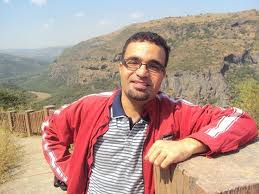

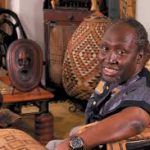
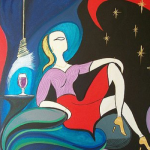
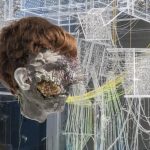
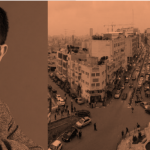
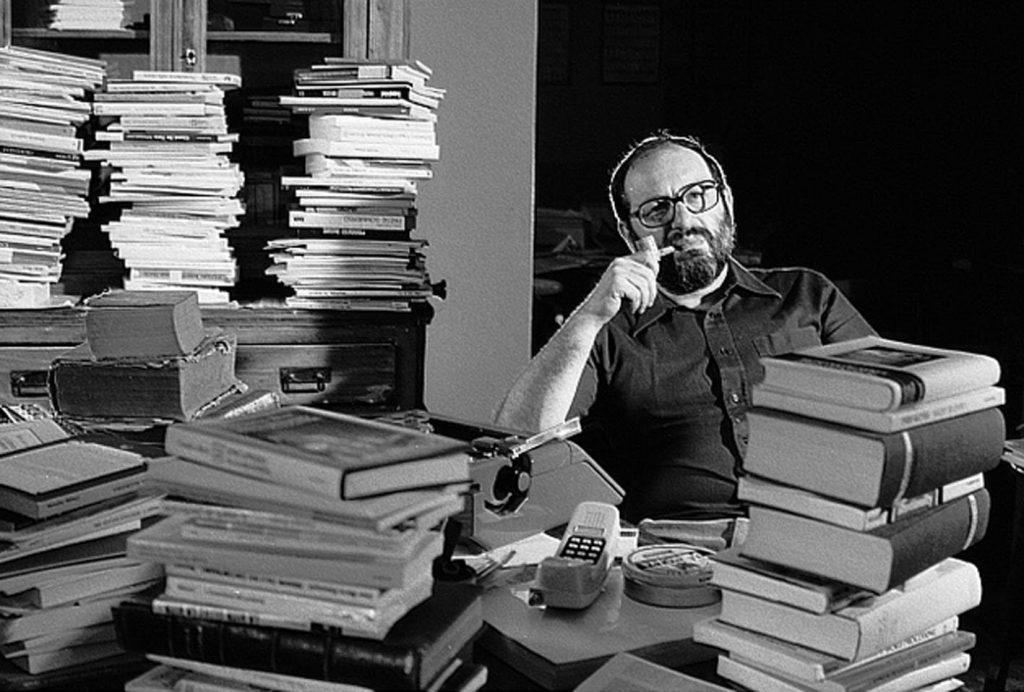
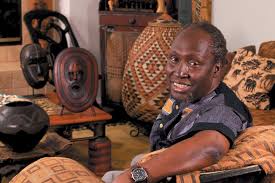
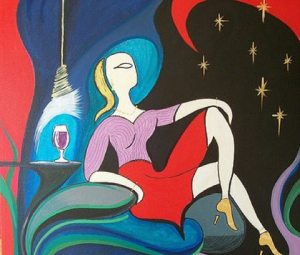
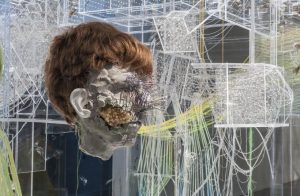
A Moment in Ramallah / John Berger
Orientalism is a cultural and a political fact / Edward Said
Befriending Edward Said